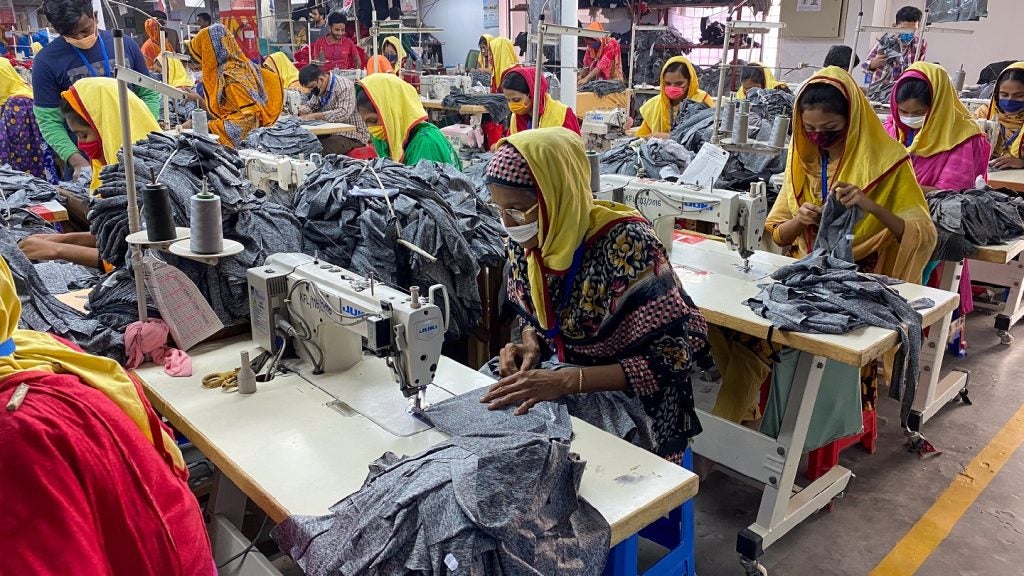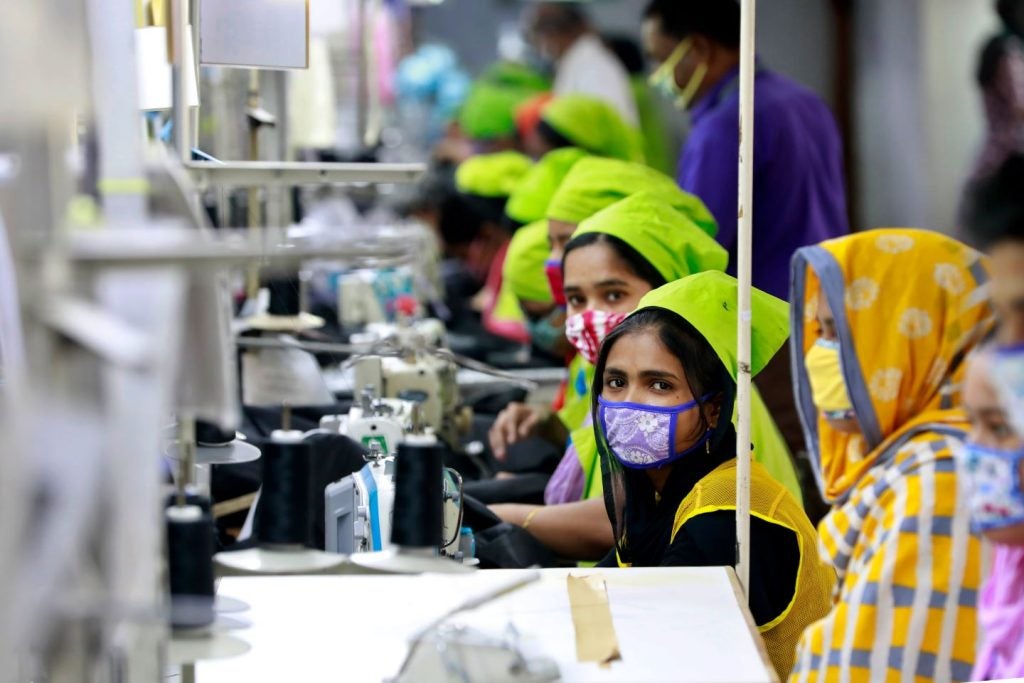Despite the economic benefits and increased efficiency brought about by automation in the RMG industry, it has also posed considerable difficulties for Bangladesh workers.
This is particularly true for certain demographics, including female workers, older employees, those with lower literacy levels, and individuals lacking advanced skills or self-assurance.
The research, entitled 'Assessment of Technological Transition in the Apparel Sector of Bangladesh and Its Impact on Workers' examined the technological advancements in Bangladesh's apparel industry and its repercussions on the workforce.
The study was spearheaded by the Bangladesh Labour Foundation (BLF), executed by scholars from BRAC University, and received backing from Solidaridad Network Asia. It was conducted between August and October 2024.
Employing a combination of methodologies, the research incorporated surveys involving 429 workers from Dhaka, Gazipur, and Narayanganj.
The study underscores the critical need to focus on "Just Transition" strategies that ensure technological progress does not come at the expense of fair treatment and opportunities for those workers who are displaced by these changes.
This concept was highlighted in the executive summary of the study as an area requiring immediate attention.
Among various subsectors within the industry, sweater manufacturing witnessed the steepest decline in labour at 37.03% per production line. Woven garment factories followed with a 27.23% workforce reduction.
A closer look at individual production stages revealed that the cutting phase suffered the most substantial decrease in labour at 48.34%, while sewing operations saw a less severe drop of 26.57%.
At an event to discuss the study, BGMEA support committee member Miran Ali said: “If we can address these issues, worker efficiency will be higher than the current level. We should work to improve these inefficiencies so that workers do not suffer as a result. The industry will not fully embrace automation, but there is potential to adopt partial automation, which can help improve worker productivity and health safety.”
Bangladesh Labour and Employment Ministry secretary AHM Shafiquzzaman was quoted in local publication the Dhaka Tribune as saying: “To improve efficiency of the workers, the adaptation of new technology is mandatory. We are planning to promote employment through technological development. We will take the required policy to develop human resources in line with the technology development for the industrial demands.
“To prevent losing jobs to automation, we can set a strategy to improve capacities of workers through proper training to adapt to new technologies.”
He added: "We have to protect the RMG industry for at least the next 20 years otherwise the economy will not sustain.”
Recently, Bangladesh garment manufacturer Beximco reportedly laid off 40,000 garment workers across 15 of its apparel units, citing lack of work orders for its export-oriented garment and textile factories.















